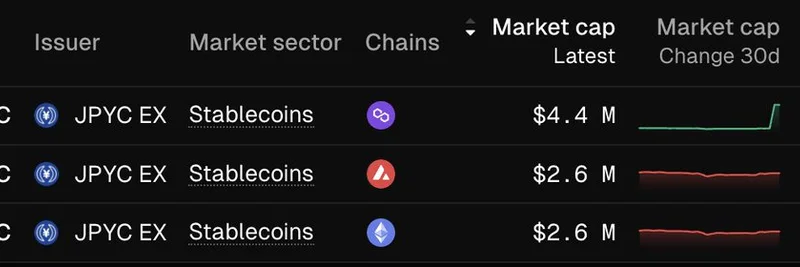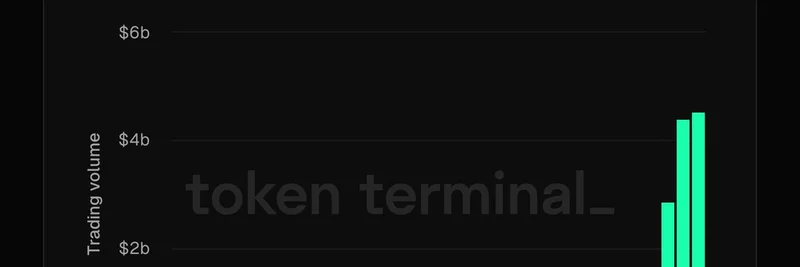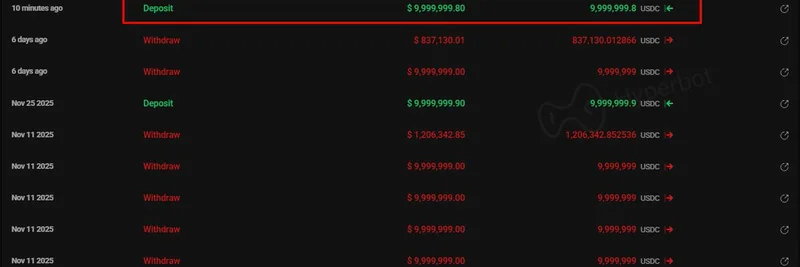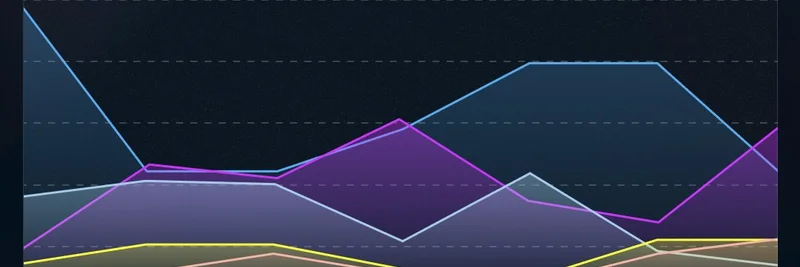In the fast-paced world of cryptocurrency, staying ahead of regulatory changes is crucial, especially for meme token enthusiasts who thrive on quick trades and community-driven hype. A recent tweet from @zoomerfied has sparked widespread discussion in the crypto space, highlighting Google's latest policy shift on the Play Store.
The tweet, posted on August 13, 2025, boldly states: "[ ZOOMER ] THE GOOGLE STORE BANS ALL CRYPTOCURRENCY WALLETS IN JURISDICTIONS SUCH AS THE US AND EU UNLESS THEY OBTAIN FEDERAL LICENSES: THE RAGE." This announcement quickly went viral, amassing over 800 likes and hundreds of replies within hours. You can check out the original tweet here.
But what's the real story behind this? Google's updated policy, effective immediately, requires cryptocurrency wallet apps to obtain proper licensing in 15 key jurisdictions, including the United States, the United Kingdom, and the European Union. Specifically, apps handling virtual assets must register as Money Service Businesses (MSB) with FinCEN in the US, hold a state banking license, or comply with the EU's Markets in Crypto-Assets (MiCA) regulation. This move aims to enhance user protection but has raised concerns about accessibility for everyday crypto users.
Importantly, Google has clarified that non-custodial wallets—those where users hold their own private keys and the app doesn't control funds—are not subject to these requirements. Custodial wallets, on the other hand, which manage users' assets like a bank, must now jump through these regulatory hoops or face removal from the Play Store. For meme token traders, who often use mobile wallets for on-the-go swaps on platforms like Solana or Base, this could mean fewer options on Android devices if developers don't comply.
The community reaction has been a mix of outrage, humor, and pragmatism. One reply from @ALPHACOETH quipped, "if you are on android in the big 25 you should just grow up and get an iphone," poking fun at the ongoing iOS vs. Android debate in crypto circles. Apple has historically been stricter with crypto apps, but this Google policy levels the playing field somewhat.
Another user, @sell9000, responded with a meme image saying "thats ok," perhaps implying that sideloading or web-based alternatives will fill the gap.
Meanwhile, @damskotrades shared an image declaring "you have no power here," capturing the defiant spirit of the crypto community against big tech regulations.
For meme token projects like Zoomer, which the tweet references, this could impact user adoption. Meme tokens rely on easy accessibility to attract retail investors. If popular wallets like Phantom or Trust Wallet face delisting (though many are non-custodial and likely exempt), it might push users toward desktop or iOS alternatives. However, sideloading APKs on Android remains an option, albeit less user-friendly and riskier.
This policy underscores the growing intersection of regulation and innovation in blockchain. As meme tokens continue to evolve from jokes to serious economic forces, understanding these changes helps practitioners navigate the landscape. For more on how regulations are shaping meme tokens, check out our knowledge base on blockchain regulations.
In the end, while the rage is real, the crypto community is resilient. Adapt and thrive—that's the meme token way. Stay tuned to Meme Insider for the latest updates on this and other crypto developments.




